Smilegate is committed to creating a better world where future generations can thrive. To this end, it identifies and invests in companies with new technologies and values, supporting their growth and innovation. These efforts help create new markets and jobs while promoting technological advancements that benefit society. In the ‘Startup Garage’ series, we spotlight companies that have joined hands with Smilegate to spread ‘social impact’.
‘Beyond simply selling imperfect produce, we aim to build a sustainable distribution ecosystem for future generations. Our model is designed for mutual benefit—for farmers, consumers, and the environment alike.’
This is the goal of Choi Hyun-joo, CEO of Cabbage, who runs ‘Uglyus’. She purchases ugly produce—those that are discarded due to their imperfect appearance despite having the same taste and nutrition as regular crops—from farms across the country. These are then delivered to consumers through a personalized subscription service.
CEO Choi is neither an agricultural expert nor a professional distributor. Her upbringing in a rural area and her awareness of the issue surrounding imperfect produce laid the foundation for Uglyus. She started by visiting farms and meeting with farmers, listening to their stories, and exploring ways to make use of the unwanted crops.
She rejected the traditional method of selling imperfect produce at dirt-cheap prices out of desperation. Nor did she rely on sympathy-based marketing. Instead, she curated seasonal produce and offered it in small quantities suitable for single-person households. By adding storytelling and content, she infused additional value into the products.
The results were impressive. Within just three years of launching, Uglyus surpassed 200,000 subscribers. Cumulative sales volume exceeded 2,200 tons, and the repurchase rate reached 88%. What began as a solo endeavor has grown into a team of 23 employees. The number of partner farms increased from just over 30 to more than 400 in three years.
Behind this rapid growth was investment and support from Smilegate Investment. With this backing, CEO Choi is accelerating the enhancement of both her products and content offerings.
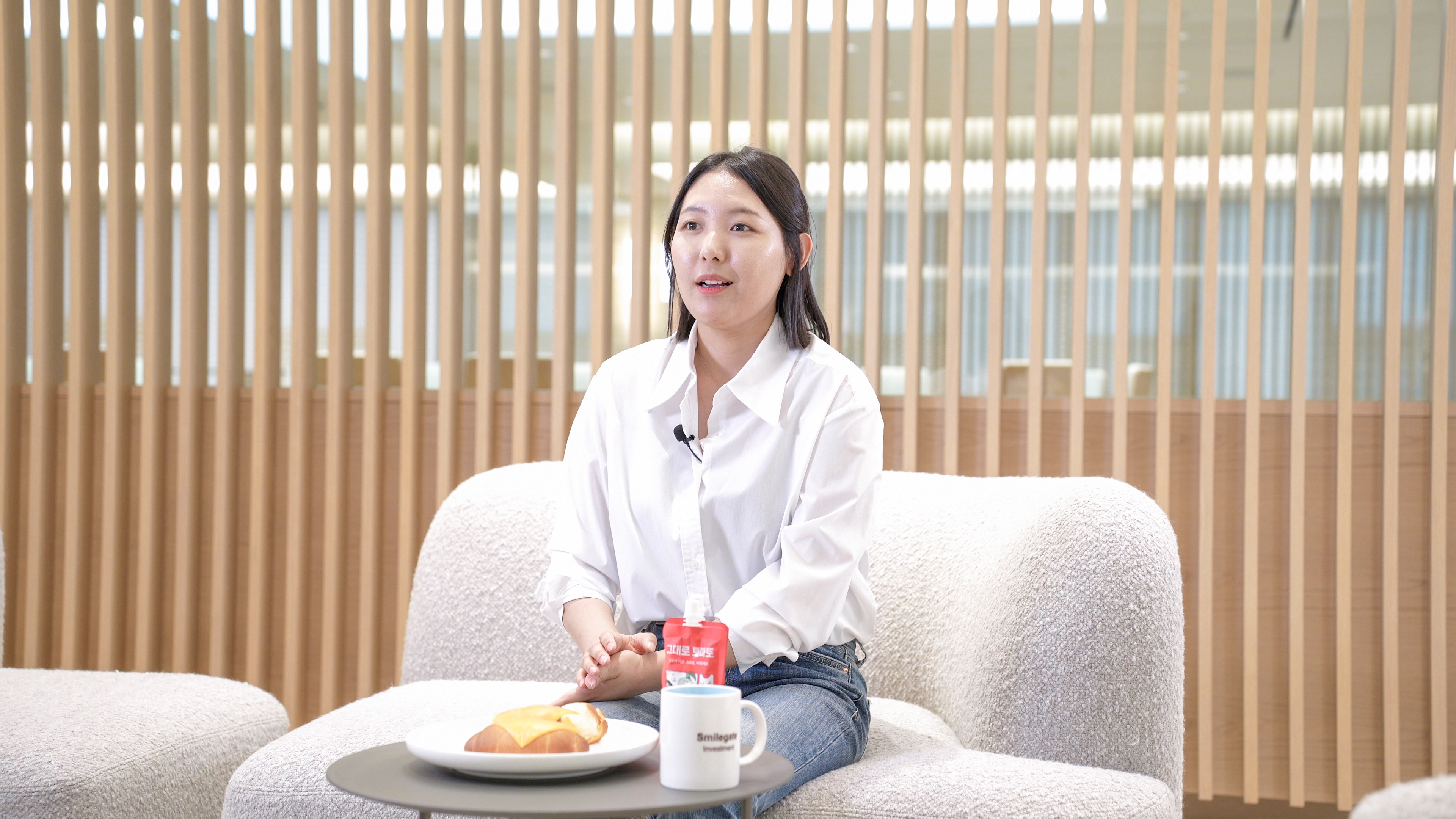
Choi Hyun-joo, CEO of Uglyus
What Is Imperfect Produce?
Imperfect produce refers to agricultural products that do not meet market standards. For example, potatoes must weigh 120 grams and have no bends to meet typical market specifications. If they don’t meet these standards, they are discarded. Up to 30% of produce is thrown away. In fact, there are no precise statistics on the amount of food waste. Estimates by the U.S. and the UN suggest about 30%.
Sometimes the produce is stored and later sold to processing companies or quietly sold at low prices in the market. Even then, about 10% ends up being discarded. Farmers often grow crops expecting to lose that 10% from the start. What we do is ‘rescue’ these crops and deliver them through customized subscription services to consumers.
Isn’t Imperfect Produce Discarded Because It Has No Market Value?
Imperfect produce is just not aesthetically pleasing—it’s not a matter of quality. In fact, eco-friendly produce is more likely to be affected by pests or grow into irregular shapes. They’re simply rejected or undervalued because of how they look.
Crops that doesn’t make it to market leads to a massive waste of resources and labor. There is no comprehensive domestic survey on the exact amount wasted, but according to Korea’s Ministry of Agriculture, Food and Rural Affairs, approximately 20 trillion KRW worth of agricultural goods are produced annually. Of that, about 5 trillion KRW—25%—is categorized as imperfect produce. Even when sold, it’s undervalued, and 1 to 2 trillion KRW worth is simply discarded.
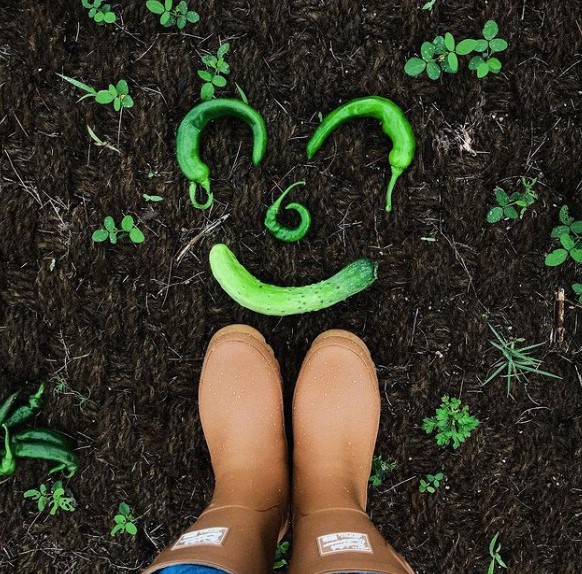
Ugly Is Okay! (Source: Uglyus Instagram)
Has There Been No Effort to Utilize Imperfect Produce Until Now?
There have been attempts—both by local governments and private sectors—to address the issue, but they didn’t work out well. Farmers tried to sell imperfect produce on their own, but with limited demand, they resorted to setting very low prices to attract buyers. Some relied on sympathy-based sales as well.
Even when sold at a low price, imperfect produce incurs the same sorting and distribution costs as regular produce. Selling cheaply often doesn’t even cover the cost of harvesting. Some tried selling in bulk without sorting, but that approach lacked appeal. Consumers want to buy eco-friendly imperfect produce at low prices, but bulk quantities are simply too much for individuals. On top of that, having to sort out subpar items themselves makes the process cumbersome, so they often give up after one or two attempts. Sympathy-based sales are not sustainable, making it difficult to break the cycle of the problem.
How Did Uglyus Solve This Problem?
The market for imperfect produce was often confused with clearance sales, so the priority was quality control. Then came the task of ensuring stable supply and forming balanced demand. Uglyus aimed to create new value in both supply and consumption.
We created value and utility for imperfect produce. In Korea, single-person households make up a significant portion of the population. Traditional sales methods for imperfect produce didn’t appeal to small households. We offered a personalized shopping experience by allowing customers to choose the size of their ‘vegetable boxes’, delivery frequency, and even exclude certain vegetables based on household size and preferences. Freshly harvested produce was delivered within the same week.
We also gave imperfect produce its own personality. We didn’t want them to seem lacking or pitiful. From the beginning, we branded them as ‘vegetables with character.’ We didn’t just photograph them—we used storytelling to proudly showcase their bumps and quirks in a fun and engaging way.
To ease the burden of meal planning, we provide recipe content so customers don’t have to wonder, ‘What should I cook this week?’ or ‘Which vegetables do I need?’ We plan to make this content more personalized and sophisticated in the future.
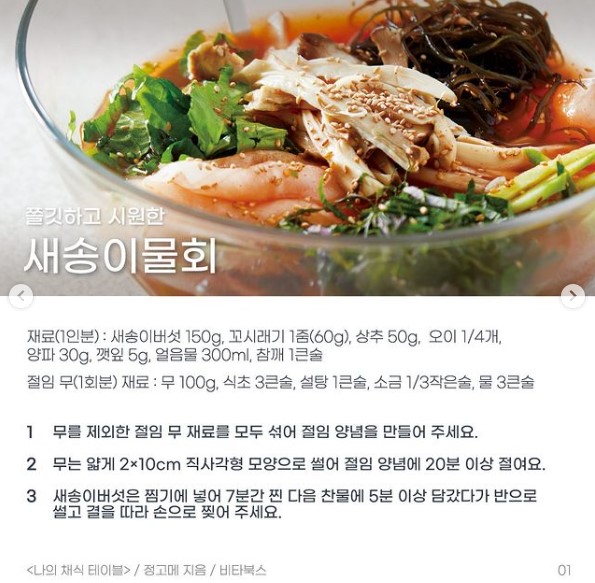
Recipe content to be further personalized and refined (Source: Uglyus Instagram)
How Have Farmers Responded? Has the Win-Win Relationship Been Achieved?
Farmers are pleased. They now have a new sales channel for the 30% of produce that used to go to waste, creating an additional income stream. We currently source from over 400 farms nationwide. We visited farms across the country, persuading them in person. Many farmers had previously failed to sell imperfect produce, making it hard to build initial partnerships. But now, new partnerships come through word of mouth and referrals.
Producers are at the core of our business. If they cannot sustain their agricultural businesses, neither can we. We plan to diversify distribution channels to help farmers generate additional income.
Do you believe that sustainable agriculture will help create a better world for future generations?
Yes, that belief is firmly embedded in our company’s DNA. We aim to build a sustainable table. A sustainable table requires healthy farmers, healthy land, and a healthy distribution system. By transforming the distribution ecosystem and reducing food waste, we believe we are contributing to the reduction of environmental pollution.

Water, plastic, and carbon emissions saved by rescuing imperfect produce
Has Smilegate’s investment helped foster mutual growth, a sustainable industry, and a better world?
Smilegate’s investment has accelerated our growth. Our business relies on both supply and demand. To have suppliers, we need demand. Slow growth makes it difficult to attract and retain both sides. We had to scale up quickly to create a virtuous cycle—and thanks to the investment, we were able to get on that track.
Smilegate showed genuine respect. They made an effort to understand my dreams and vision. They empathized with the problem of imperfect produce, which led to a deeper understanding and smoother communication.
We weren’t just looking for a financial backer. We wanted an investor who could provide support beyond capital—such as networks, experience, insight, and even recruitment. Smilegate turned out to be the perfect fit for us.
However, when quoting content in articles, please credit it as “Smilegate Newsroom.”



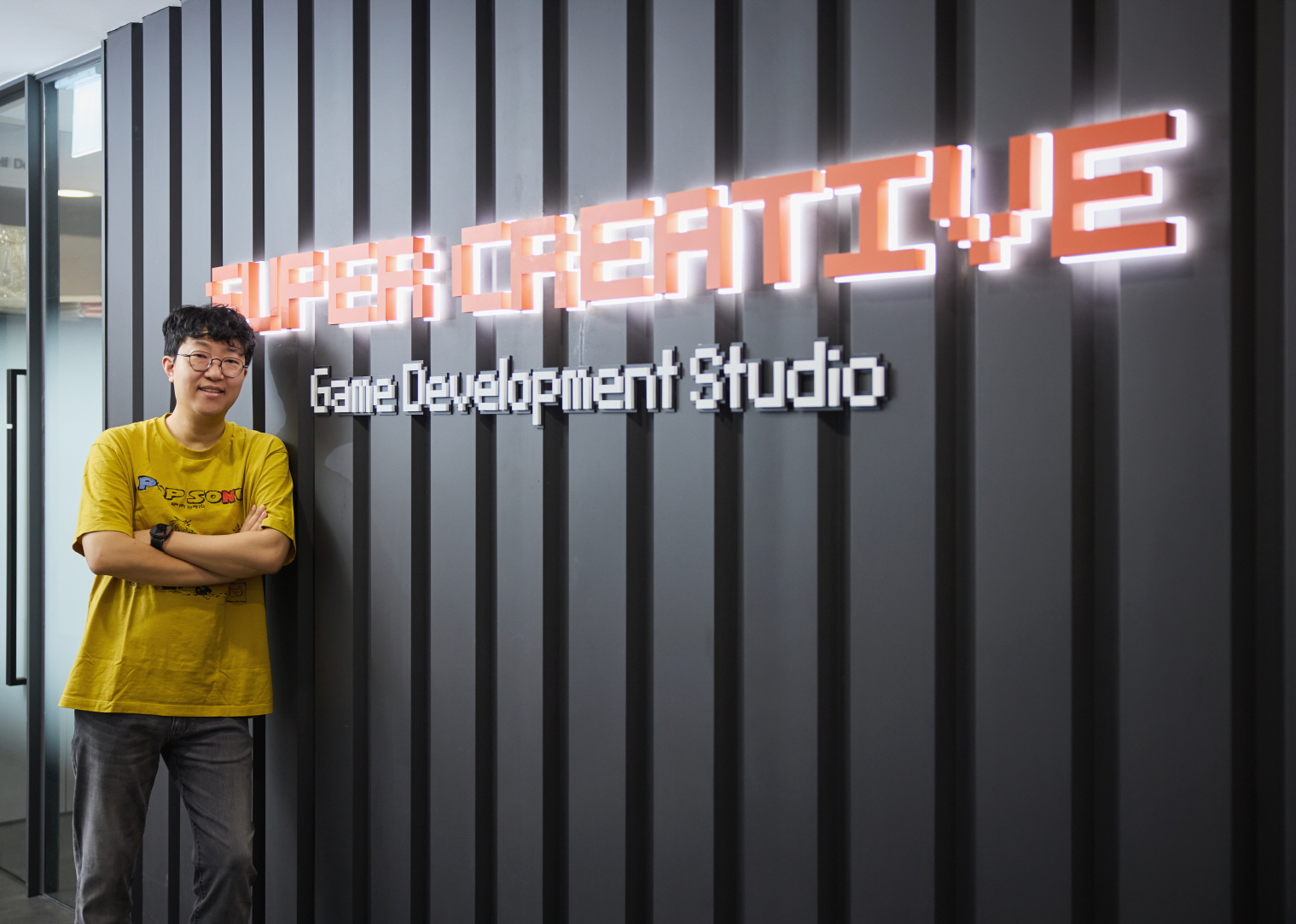
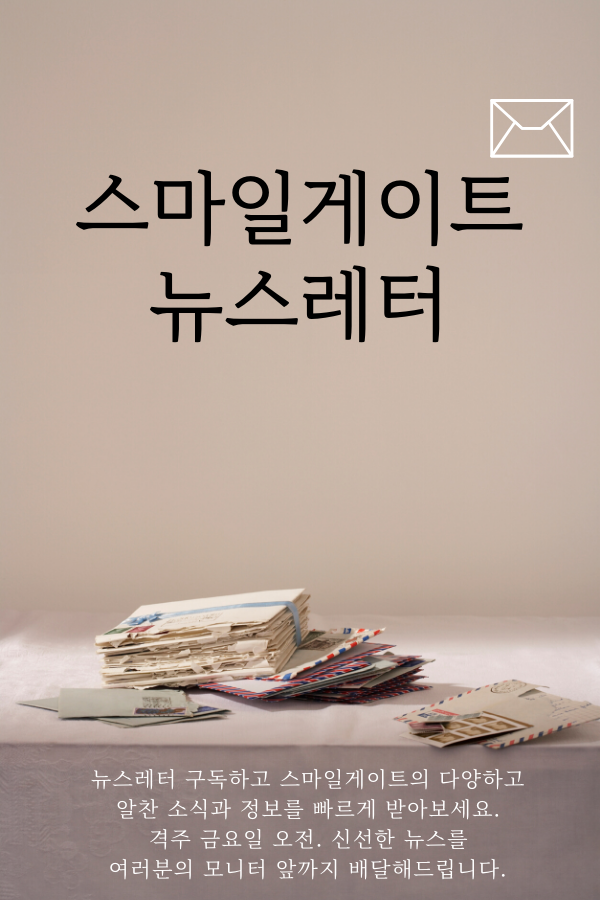

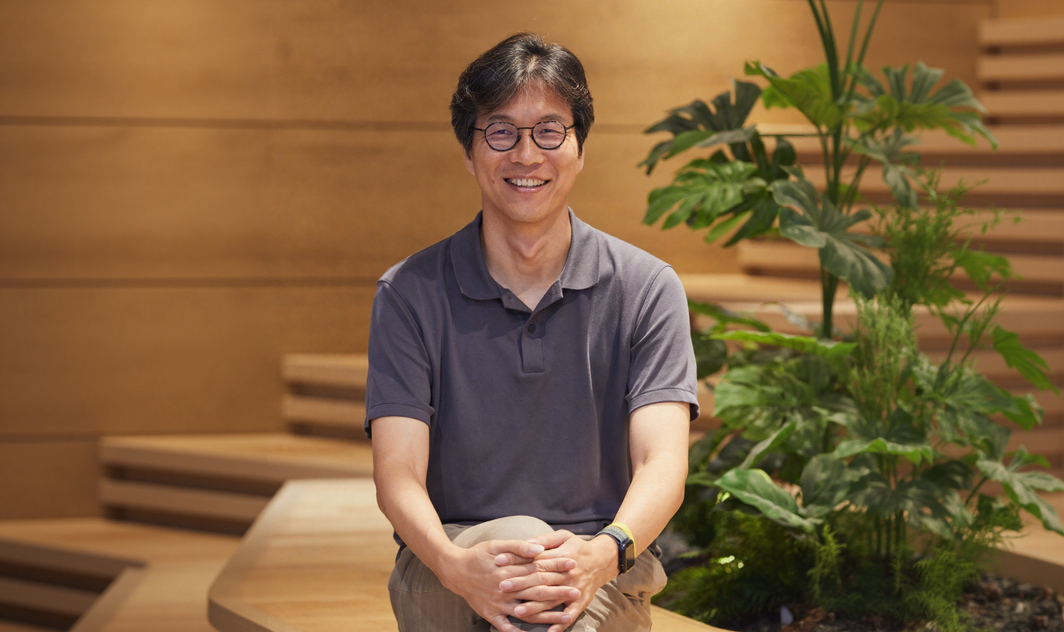
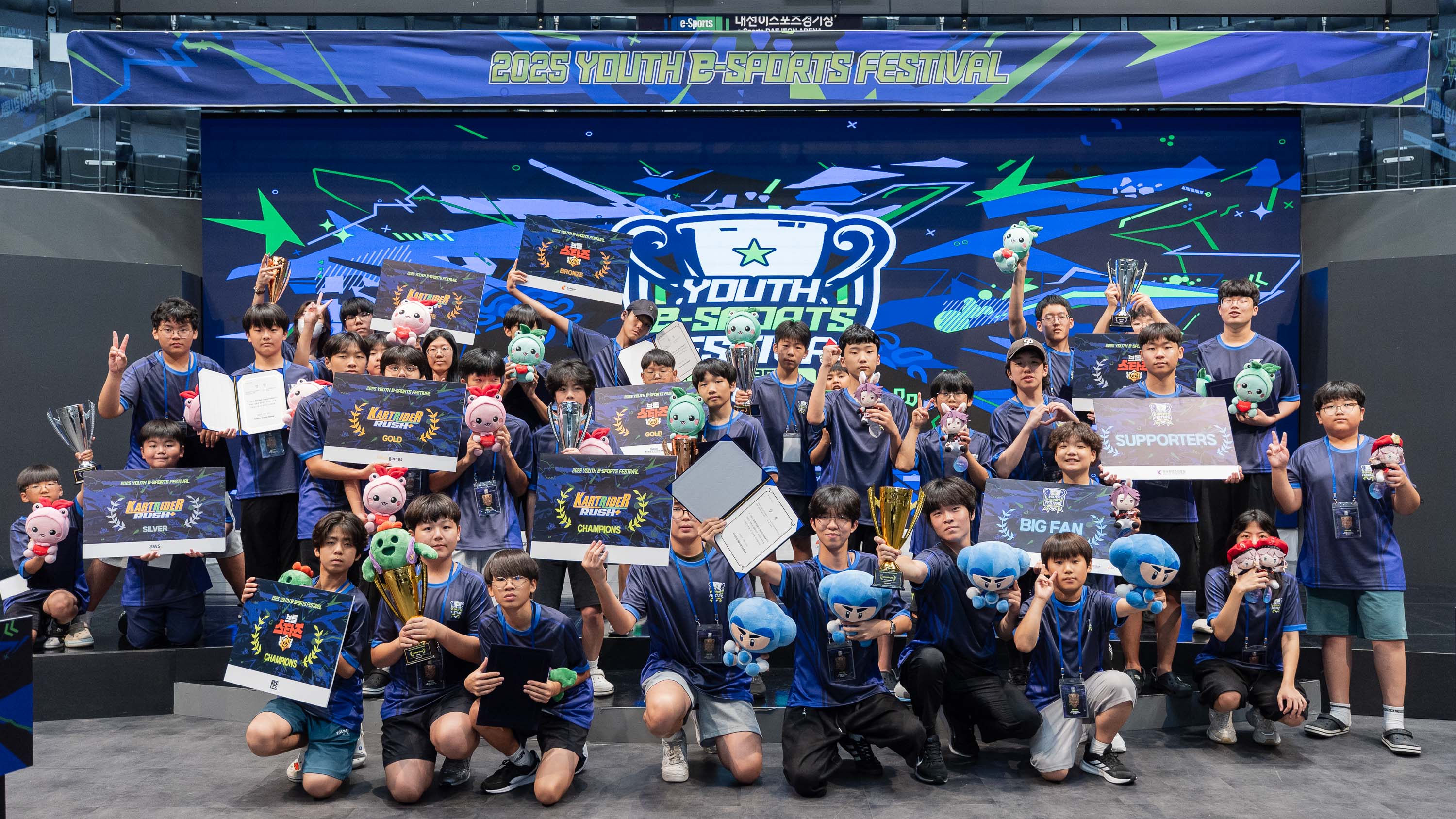

 TOP
TOP
